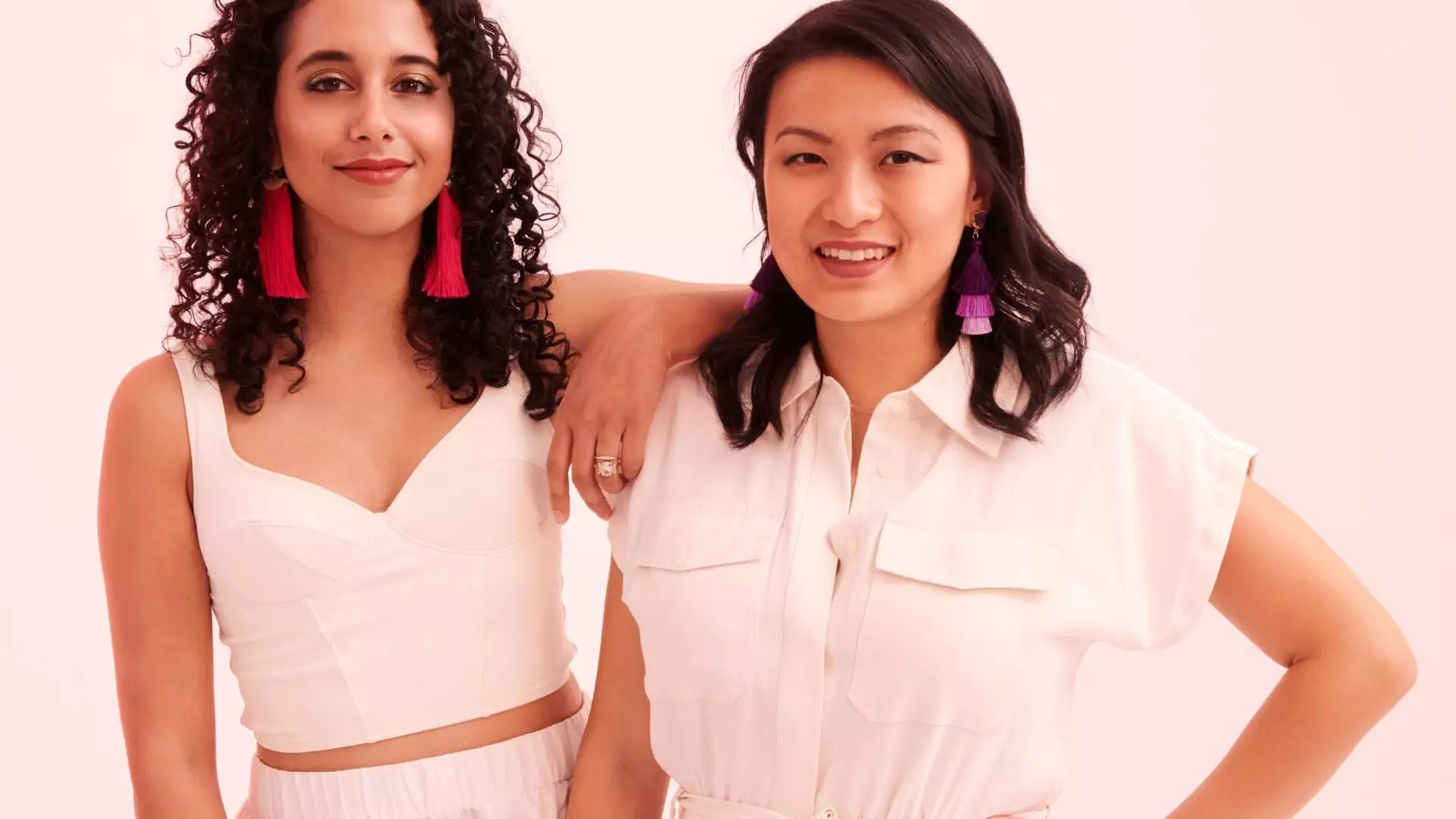In 2020, just as the world plunged into the chaos of the COVID-19 pandemic, two ambitious entrepreneurs, Shreya Murthy and Joy Tao, laid the foundation for their party-planning startup, Partiful. Their mission was refreshingly simple yet incredibly profound: to foster connections among people in an age that had suddenly turned those connections upside down. While many businesses floundered during the pandemic, Partiful not only survived but thrived, transforming the way young adults plan social gatherings. Today, it boasts an impressive user base of millions, particularly among the 20 to 30 age demographic, who crave an easy and engaging way to celebrate milestones together.
The Power of Humor in Design
The uniqueness of Partiful stems from its playful approach to event planning. While traditional platforms like Evite and Eventbrite provide straightforward services, Partiful’s charm lies in its humorous and casual designs. Users can create invites that are not only functional but also resonate with their playful spirit. For instance, imagine sending out an invite adorned with a quirky take on a pop culture reference or a meme. This approach has proven particularly effective in attracting its Gen Z audience, who cherish creativity and want their social interactions to not just fulfill obligations but also express their individuality.
A Competitive Landscape
Partiful is stepping into a crowded arena, facing giants like Apple Invites, Eventbrite, and Evite. Each of these competitors has carved out a niche, but none seems to encapsulate the effervescent spirit of social gatherings quite like Partiful. The platform’s advantage lies in its understanding of the contemporary user experience. The company has adapted its services to align with its users’ lifestyle—quick and easy planning without the fuss typically associated with organizing events.
Interestingly, despite the looming presence of Apple in the event-planning sphere, Partiful has managed to maintain its user engagement. The introduction of Apple Invites, while a potential threat, has prompted Partiful to further solidify its unique offerings rather than simply react to the competition. Murthy’s confidence in her brand is palpable, as she claims there hasn’t been a significant user departure attributed to Apple’s new service. Partiful’s free access compared to Apple’s subscription model also positions it advantageously, especially for cost-conscious users.
The Voices Behind Partiful
Murthy and Tao share a fascinating narrative; both are Princeton alumni with experience at Palantir Technologies, but their paths truly converged in the realm of consumer technology. They sought to create a platform that resonates with day-to-day life rather than profits driven by high engagement rates. As Tao poignantly observes, the digital landscape often encourages mindless scrolling at the expense of meaningful connections. Partiful was born from a desire not just for technological innovation but for social reconnection in a pressing time of isolation.
Their commitment to enhancing interpersonal relationships is exemplified in the platform’s design, which aims not only to facilitate events but also to foster communication among users. The move from text chains to a dedicated event-planning platform addresses a palpable frustration that many, especially young adults, face during moments of social planning.
The Evolution of Partiful
Transitioning from a text-based platform during lockdown to launching dedicated apps for iOS and Android has marked an important evolution for Partiful. The startup’s expansion underlines its ambition to simplify event planning by embracing multi-platform accessibility. Not only does Partiful ease the organizational burden of events, but it also allows users to engage before, during, and after gatherings, creating a holistic experience.
Armed with a $20 million funding round led by Andreessen Horowitz, Partiful is building a robust infrastructure to support its rapidly increasing user base. The integration of creative customization in invites—complete with the ability to track RSVP statuses through humorous visuals—sparks excitement in planning social events, and the app actively encourages users to interact, thereby enhancing the overall experience.
Millennials and Gen Z: The Core Audience
Partiful is particularly resonant with young adults navigating significant life transitions—such as moving to new cities post-college. This demographic, often struggling to recreate their social circles, finds solace and utility in a platform that enables them to swiftly organize gatherings in their unfamiliar environments. As Murthy articulates, the complexity of daily adult life is compounded by the need to establish new social ties, and Partiful cleverly addresses this need.
The habits of its user base reflect this purpose, with over 60% of active users reportedly checking the app weekly, solidifying Partiful’s status as a staple in their social routines. This regular engagement not only showcases loyalty to the platform but reinforces the vital role it plays in facilitating human connection during a time when social landscapes have dramatically shifted.
In sum, Partiful’s distinct blend of humor, creativity, and utility is carving a fresh niche in a competitive market. As it continues to flourish, the startup embodies a larger narrative of resilience and innovation in the face of global challenges.

